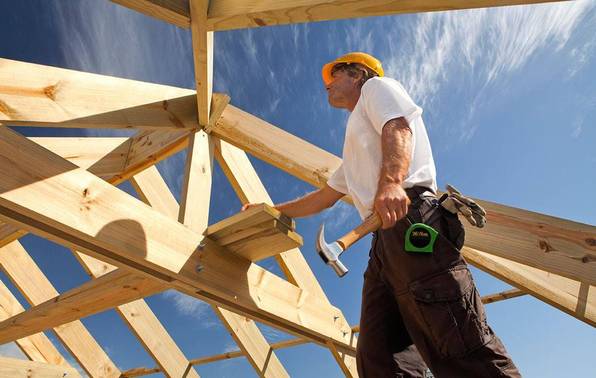
Inspections for building consent compliance
The purpose of building inspections, getting a code compliance certificate and what happens if you disagree with the BCA.
The purpose of building inspections, getting a code compliance certificate and what happens if you disagree with the BCA.
Purpose of inspections
The BCA will inspect the building work at specific stages identified in the building consent and again at completion. There will usually be a form attached to your building consent identifying these stages.
These inspections are in addition to any owner’s inspections nominated in the plans and specifications.
It is your responsibility, as owner, to let the BCA know when these stages have been reached. This will usually be done on your behalf by the building contractor or the person managing the project (unless you are managing the project yourself). The BCA needs to be given one day’s notice to inspect the following (before it is either covered up or closed in):
- Drainage, plumbing, gasfitting, or electrical work.
- Excavation for a foundation.
- Reinforcing steel for a foundation.
- Timber required to have a specified moisture content.
- Any other building work which is required as a condition of the building consent.
The reason for all these inspections is to make sure the work complies with your consent documentation.
Final inspection and code compliance certificates
You, as the owner, must advise the BCA when work is completed and apply for a code compliance certificate (CCC), (although in reality this is likely to be delegated to your builder or project manager). The BCA will then make a final inspection and issue you with a CCC if satisfied on reasonable grounds that the completed work complies with your consent documentation.
The Licensed Building Practitioners Scheme was introduced in November 2007, and from March 2012 a licensed practitioner is required to supervise or undertake certain building work.
The Government has proposed that owner builders will be exempt from this requirement so long as they meet certain conditions.
More information on this exemption can be found on the Ministry of Business, Innovation and Employment's (MBIE) Building Performance website.
If the inspecting Building Official finds work that does not comply with the building consent during the construction or at the final inspection for the issue of the CCC he may issue a 'Notice to Fix'. You are legally required to make sure the work on the notice is fixed and advise the council when everything is done. You may have to go back to your contract with your builder and see who is responsible for the work that needs fixing. The council will inspect and consider whether or not a CCC can be issued once you advise it that you have fixed the problems.
There is a considerable emphasis on getting a CCC under the 2004 Building Act. There are several significant advantages in doing so.
- Should you want to sell your house, not having a CCC could be a major obstacle – sale and purchase contracts are often conditional on a CCC having been granted.
- You won’t have the peace of mind of having the ‘final sign off’ on the compliance of the finished building.
Determinations
If any dispute arises between you and your BCA, for example, you don’t accept that the BCA had reasonable grounds for refusing to issue a building consent, or a CCC, you can apply to the Ministry of Business, Innovation and Employment for a legal ruling on technical matters of dispute known as a Determination.
A Determination is a ruling on technical matters of doubt or dispute usually regarding compliance with the Building Code. Councils and BCAs are obliged to comply with determinations. You can find out more about Determinations on MBIE’s Building Performance website.

Building articles
Whether you're planning to build your own home or renovate an existing one, we've got you covered with a wide range of articles covering the whole process.

Renovating articles
Renovating and altering houses is a favourite pastime for many New Zealanders. Our articles take a look at what's involved when you undertake a renovation project.

Home maintenance
Regular maintenance is needed to ensure your house holds its value and remains safe and comfortable to live in.
Member comments
Get access to comment